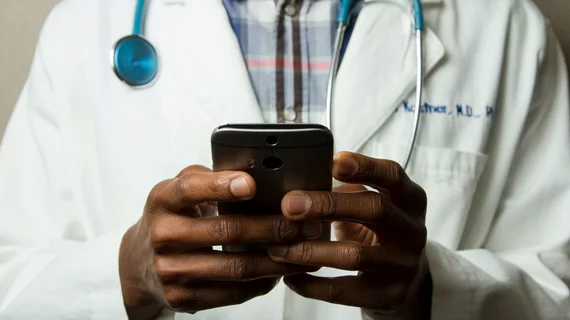Three-quarters of the chronically ill see plenty of doctors but don’t know what to do next
Unmade lifestyle changes are the main impediments for patients with chronic conditions who see their doctors and take their meds but don’t see much improvement in their overall health status.
The problem is often a lack of follow-through on the patient’s part.
That’s according to the Minnesota-based healthcare coaching company MOBE, which surveyed around 2,400 U.S. adults and 200 or so healthcare professionals in July.
In a survey report posted online Aug. 3, MOBE shows that 73% of people with two or more chronic conditions visit their physicians multiple times a year.
However, more than half the respondents in this subgroup, 53%, say they’re unsure about which specific actions they now need to take regarding the basics—diet, exercise and sleep.
Further, fewer than 1 in 3 healthcare professionals (30%) believe these patients accurately follow clinicians’ guidance.
The project also found:
- 86% of doctors worry the COVID crisis has kept their chronically ill patients from important care touchpoints.
- 46% of these patients have experienced an increase in stress or anxiety since the start of the pandemic, with 40% also reporting a lack of physical activity and 29% a lack of sleep.
- 51% of those with multiple chronic conditions have used telehealth services versus only 23% of people with no chronic conditions.
MOBE CEO Chris Cronin remarks in a press release that “clearer health guidance, beyond medications and symptoms, is too often missing from people’s overall care—yet it is necessary to improve outcomes. … Without that side of the comprehensive health equation, we’ll continue to see increased healthcare costs and a widening care gap.”
The company, which works with private payers and large employers, adds that people with multiple chronic conditions are part of a “hidden population” that represents just 5% of employer-insured individuals yet accounts for 20% of healthcare costs.

